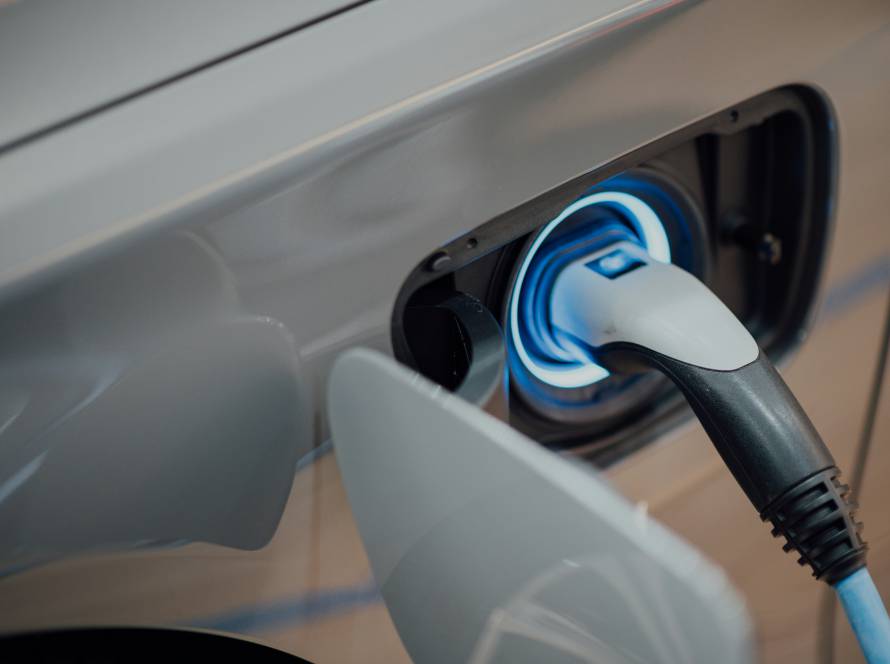Battery development will be a cornerstone in the transition toward more sustainable and efficient mobility. As we approach 2030, expectations are high: greater range, faster charging times, and a stronger focus on sustainability. These advancements will not only redefine electric vehicles (EVs) but also transform how we store and use energy in general.
Solid-State Batteries
One of the most promising innovations is solid-state batteries. These replace traditional liquid electrolytes with solid materials, significantly enhancing safety by reducing risks like overheating or leaks. Solid-state batteries also offer much higher energy density, potentially doubling the range of electric vehicles.
Moreover, they are expected to reduce charging times to just minutes, making EVs as convenient as fossil fuel-powered vehicles. Some OEMs are already working to bring these batteries to market before 2030, heralding the dawn of a new era in electric mobility.
What Role Do Vision Systems Play?
Achieving these advancements, however, requires impeccable quality control during production. This is where artificial vision systems play a crucial role. These technologies enable extraordinary precision in inspecting batteries, detecting internal and external defects that might be invisible to the human eye.
Such detailed inspection ensures batteries are safer and more reliable while optimizing manufacturing processes by reducing waste and improving sustainability. Thanks to these systems, the batteries arriving on the market in the next decade will be more dependable than ever before.
Lithium-Sulfur and Lithium-Air Batteries
Simultaneously, the innovation landscape includes the development of alternative technologies like lithium-sulfur and lithium-air batteries. These new chemistries not only promise increased energy capacity but also rely on more abundant and less polluting materials, reducing environmental impact and dependence on scarce resources like cobalt.
For instance, lithium-air batteries, inspired by natural processes, could deliver ranges exceeding 1,000 kilometers, redefining the capabilities of current electric vehicles.
Artificial Intelligence in Battery Management
Artificial intelligence will also be a key ally in the evolution of batteries. Its integration will enable smarter energy management by optimizing charging times, predicting failures, and extending battery lifespan. Furthermore, AI will be vital for managing complex energy grids, facilitating efficient storage and distribution of renewable energy.
The Future of Batteries
Finally, sustainability will be a top priority by 2030. Battery recycling will allow for the recovery of nearly all key materials, fostering a circular economy that minimizes reliance on mining. This not only contributes to a cleaner planet but also makes battery manufacturing more cost-effective and accessible.
The future of batteries is not just technological but also environmental and social. With advances in safety, performance, and sustainability, 2030 will mark a turning point in electric mobility. Innovations in materials, manufacturing, and quality control promise a world that is more electrified, efficient, and environmentally friendly.





